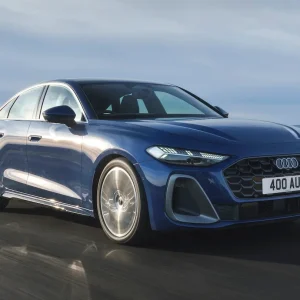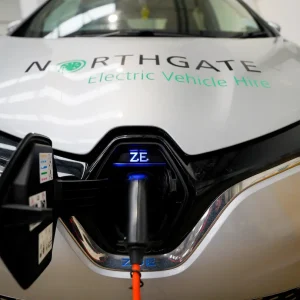It might be bad for your mortgage but the Bank of England’s recent and unexpected interest rate rise ought to have a stabilising effect on the UK car market, writes Rupert Saunders
In the aftermath of this month’s sudden interest rate rise, all the focus was on the possible effect on the housing market. This is not surprising.
Most of us (and certainly a majority of journalists and commentators) are borrowers rather than savers. Our monthly mortgage payment is our largest single item of expenditure and far outweighs any interest we might gain on savings accounts.
In the circumstances, it is hard to lift your thoughts to the wider question: what effect is the interest rate rise likely to have on my business and, in this context, what effect is it likely to have on the economics of running a car fleet?
The CBI was quick to criticise the move but investors saw things differently. Once they had got over the initial surprise, shares on the London Stock Exchange rose sharply and the FTSE 100 (the share basket of the 100 biggest UK-listed companies) rose by almost 70 points – and it has stayed at that higher level.
What’s going on here? In the first place, the rate rise was not such a surprise; it just came a month earlier than everybody expected. With inflation at or above 3%, the policy makers were clearly going to have to do something to slow the economy down. Investors are pleased the Bank of England has taken a grip on the situation before it runs out of control.
Of course, a slowing economy is going to put pressure on the retail industry and it was notable that, in a rising market, shares in auto retail groups were among those marked down. Analysts are already predicting fewer new car sales in 2007, with around 2.30 million registrations, against 2.34 million in 2006.
|
“The false markets of almost 2.5 million registrations that we have seen are unsustainable, unstable and, ultimately, bad for all of us.” |
|
Rupert Saunders |
But is this such a bad thing? Respected forecaster JD Power Automotive thinks not. t describes the UK car market as “continuing to normalise after a cyclical boom” and “returning to a path of sales more sustainable over the medium term”.
In other words, the false markets of almost 2.5 million registrations that we have seen are unsustainable, unstable and, ultimately, bad for all of us.
There is one other consequence of rising interest rates that is often overlooked – the value of the Pound rises against the Euro, making the UK a more profitable place for European-based car manufacturers to do business. In a slowing economy that means they can more likely afford to keep prices down and sales incentives up.
So, at the risk of sounding like Gordon Brown, what we have here is a healthy dose of ‘prudence’ – the economy and inflation under control, a more sustainable new car market and an exchange rate that allows carmakers flexibility in pricing.
Rupert Saunders is a specialist in automotive finance and retail





